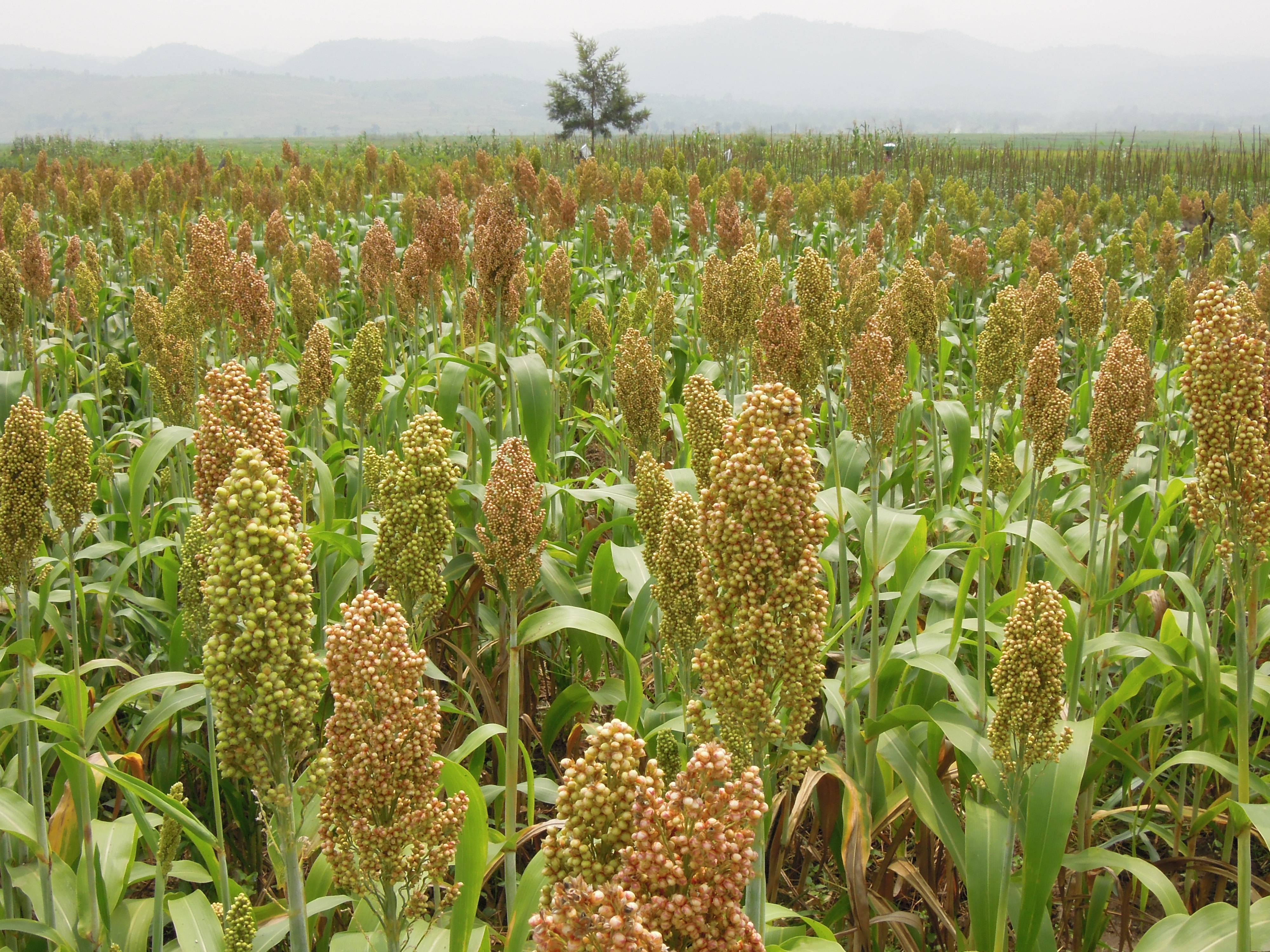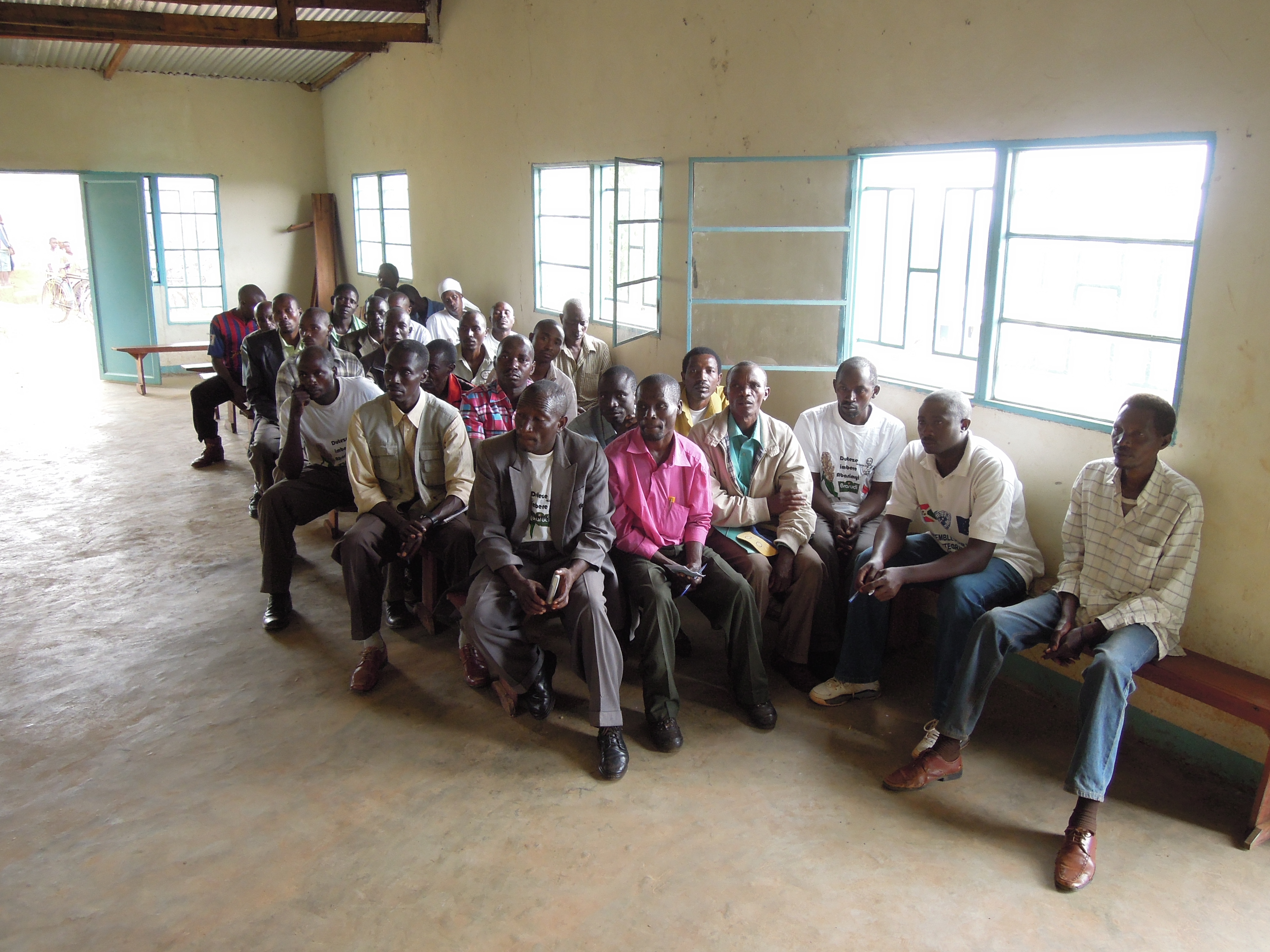Increase Food Security and Improve Livelihoods of Sorghum and Rice Producers, 2009-2015
Donors:
Netherlands Ministry of Foreign Affairs, HEINEKEN International
Partners:
HEINEKEN, BRARUDI, FACAGRO, IFDC
Goal
The overall objective of this project is to increase food security and improve access to primary education by integrating farmers into the supply chain of beverage industries in Burundi.
What we do
This project, which started on February 1, 2009, focused on the inclusion of smallholder farmers into the sorghum value chain, including access to credit and markets. The project achieved a simultaneous enhancement of agricultural supply chains for the food and beverage industry while sharing and minimizing the associated risks. It contributed to improving the livelihood conditions of the households involved by improving food security and generating a regular income. This project is especially focused on the promotion of sorghum production in Burundi.
Accomplishments
Looking back at the ultimate objective “to improve food security and incomes of farmer households”, the project accomplished this to a large extent as is also confirmed by the external evaluation of the Schokland project conducted in 2013. In February 2014 Brarudi launched a low-cost 100% sorghum beer called “Nyongera”, which turned out to be a huge success. BRARUDI’s demand for white sorghum has gone up substantially and farmers are responding to the market and local sorghum production and sales have increased accordingly. Extension of the production area shows that an increasing number of farmers are interested to produce sorghum. The Government of Burundi is increasingly recognizing sorghum as an important food and cash crop for agricultural development and it is developing support programs in this area.



